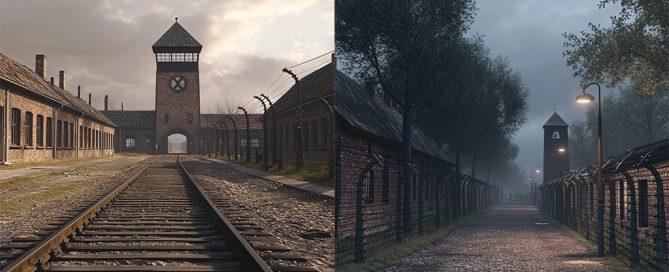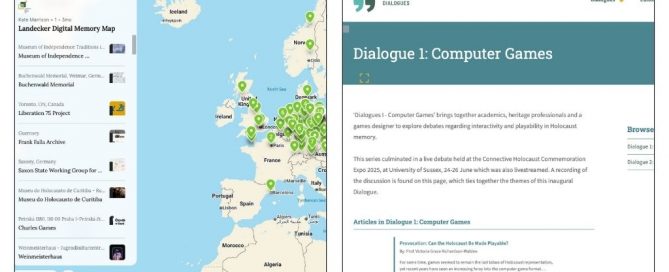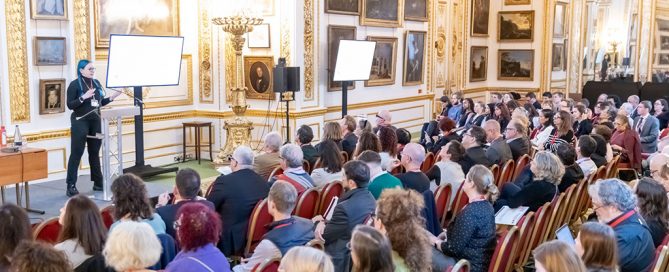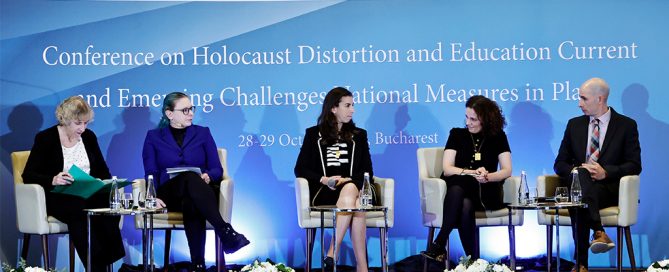Why We Shouldn’t Be Surprised about #AI #Auschwitz, and What We Can Do About It
By Prof. Victoria Grace Richardson-Walden Last week the BBC reported on spammers sharing ‘AI slop’ images of Auschwitz for profit. In this week’s blog, we respond to their article, reflecting on our years of research into Holocaust memory and AI. On Friday 29th August, the BBC published an article with the headline: ‘BBC reveals web of spammers profiting from AI Holocaust images.’ Whilst this might seem shocking, it shouldn’t be, and far from ‘spamming’, which can be considered a flippant action, the individuals involved in these profit-making schemes are using social media in conscious and sophisticated ways – as its logics intend it to be used. This should make us stop and ask: are platforms like Facebook good for Holocaust memory? On one hand, it would be easy (especially in the current political climate) to say, ‘not really’. On the other hand, if Holocaust museums and educational organisations want their authority to remain recognised widely, they need to be not only be present on these sites but enhance their visibility. As our previous research has argued (Walden 2021), professional Holocaust organisations need to adopt the strategies of apparent ‘bad actors’ if they want their messages to circulate as much as [...]



